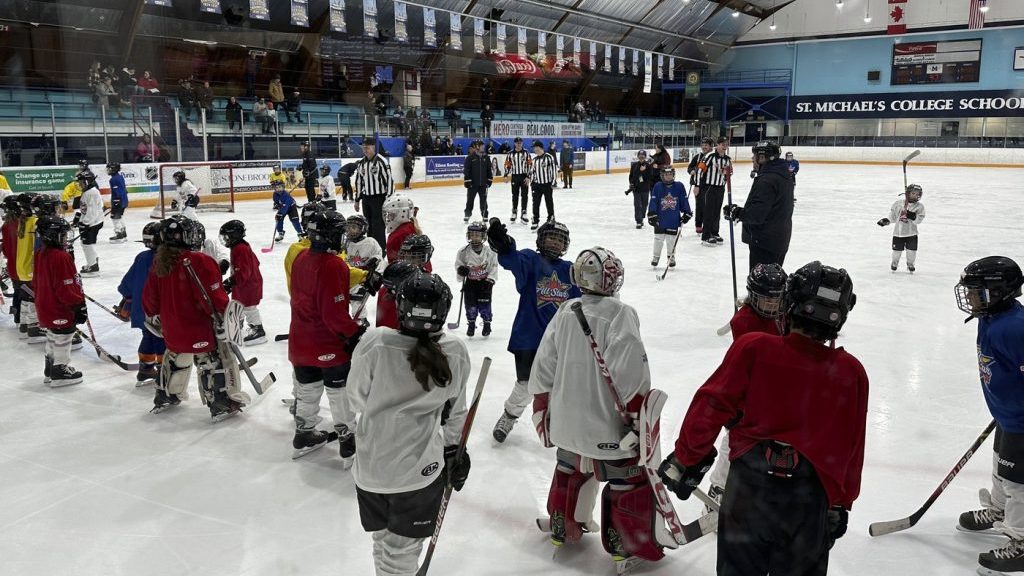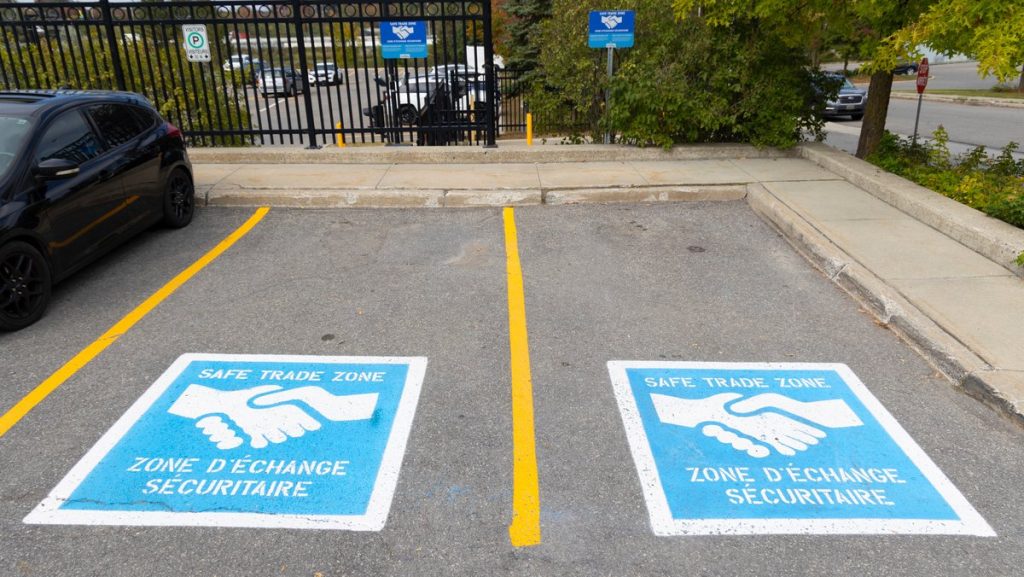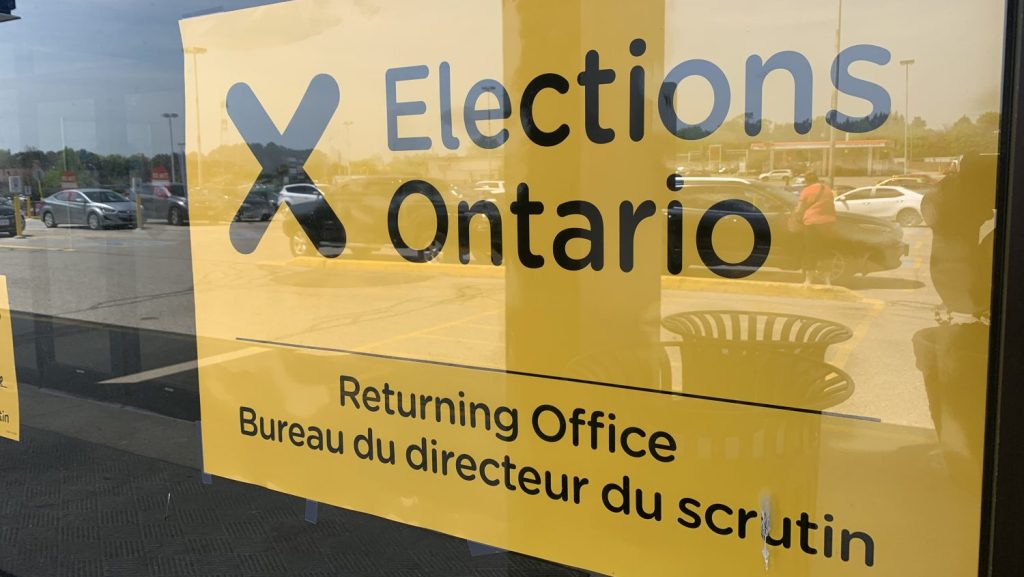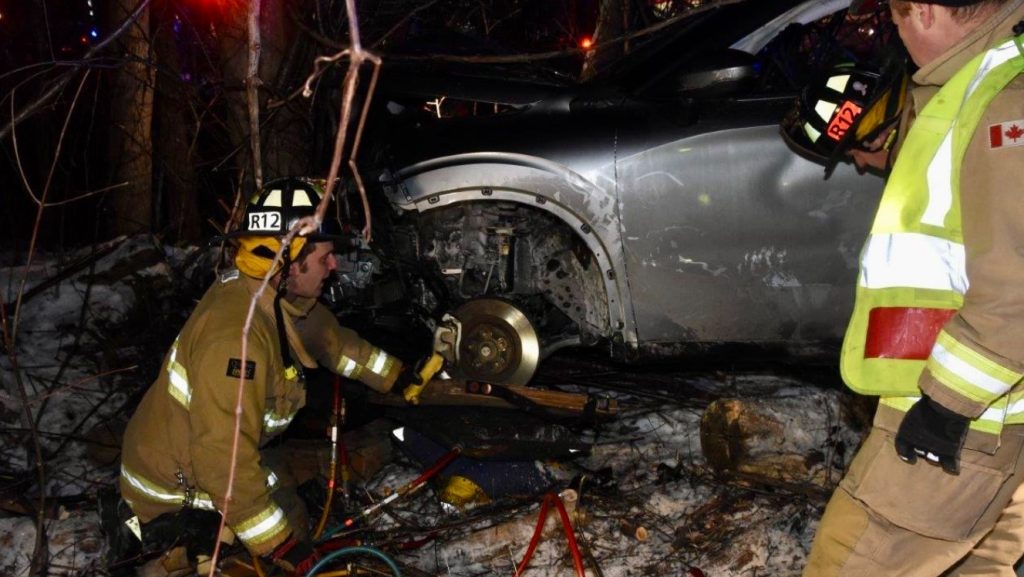Montreal-based AI institute ready to roll out contact-tracing phone application
Posted May 15, 2020 10:33:51 PM.
MONTREAL — One of the world’s leading artificial intelligence research institutes is ready to offer governments across Canada a contact-tracing smartphone application for COVID-19 infections that it promises will protect users’ personal data and help predict future viral outbreaks.
Montreal-based Mila, the Quebec AI Institute run by computer scientist Yoshua Bengio, says its application is almost ready for use across the country.
On Friday, Mylene Drouin, head of public health in Montreal, told reporters that early next week, her office will be reviewing smartphone applications that can trace COVID-19 infections. The new application created by Mila is on her list, Valerie Pisano, the institute’s CEO and app project lead, confirmed in an interview.
Pisano said she didn’t know whether the Quebec government was ready to choose their application. But she and Bengio have an appearance scheduled Sunday night on Quebec’s popular television show, “Tout le monde en parle,” to launch the app.
Pisano said Mila is in talks with several provinces and with the federal government about how to launch the application nationwide.
“It would be much simpler if we had a single application,” Pisano said. “It would be a lot more efficient for there to be a large number of people who are using the same technology.”
Governments around the world are considering how to monitor new coronavirus outbreaks while reopening their societies, and many are starting to bet on smartphone apps.
Containing infectious disease outbreaks means identifying people who test positive for the novel coronavirus, tracking down others they might have infected and preventing further spread by quarantining everyone who might be contagious.
Pisano said Mila’s app uses Bluetooth technology and allows users to input their health status into their phone. If a user tests positive for COVID-19, they can enter that information into the app. The app is based on trusting individual users — both to enter their health status and to change their behaviour once they have come into contact with someone infected with the virus.
Every app user with whom an infected person came into contact will receive an alert on their phone, giving them a recommendation based on their individual level of risk, Pisano said.
The app will be able to calculate several different risk factors, including how long a user stayed in the presence of someone who has tested positive for the virus.
A user’s risk level will be calculated daily, and that person will receive recommendations about whether they should get tested, go to work, or isolate and ask someone else to do their groceries, said Pisano.
“If I learn that I came into contact with someone who has COVID-19, maybe I’ll change my behaviour,” she said. “Maybe I’ll isolate, maybe I’ll get tested. Certainly I’ll be conservative and prudent with my behaviour to protect myself and others.”
Pisano said app users will need to consent in order for their data to be sent to a centralized server run by artificial intelligence and managed by a non-profit organization created by Mila “that is completely independent from government.”
Data on users’ phones will be destroyed every 30 days, she said, while data in the AI server will be erased about every three months.
“We only collect the data we need and have absolutely no desire to track people’s movements … there is no commercial use. The data will never be given to government. It won’t be sold.”
Pisano said the research collected by the app will allow Mila to share information with public health officials about how the virus is being transmitted.
The public data will then allow authorities to know, “probably two or five days in advance” where an outbreak will occur because the app will be able to track whether people’s individual risks are increasing in certain parts of the city, she said.
Based on that data, government could shut down specific schools, businesses and events in targeted areas to ward off an outbreak, instead of shutting down a whole region.
Drouin told reporters that any application the government chooses will be voluntary and must protect personal data.
Premier Francois Legault wrapped up a two-day visit to Montreal Friday. He said the provincial government will give one million masks to the city to distribute in its COVID-19 hot zones. Legault said the province will also give $6 million to help transit agencies in the greater Montreal area provide masks to passengers.
Quebec reported 50 deaths and 696 additional cases on Friday, which Legault noted were the lowest daily increases in some time. Friday was also the second day in a row where Quebec recorded a drop in hospitalizations.
This report by The Canadian Press was first published May 15, 2020.
— With files from The Associated Press
Giuseppe Valiante, The Canadian Press








